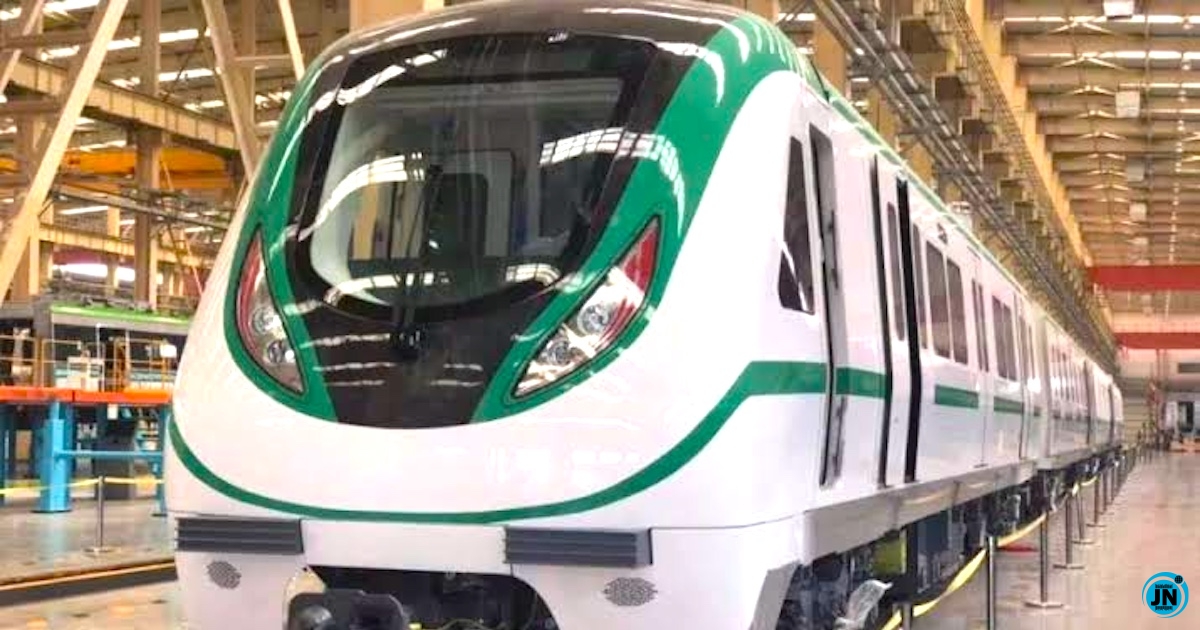
Nigeria has unveiled one of the most ambitious infrastructure projects in its history — the construction of a massive 4,000-kilometre high-speed rail line, popularly called a bullet train, along with simultaneous development in the gas sector. The landmark initiative, which is projected to cost about $60 billion, has been described as a transformative venture that could reshape the country’s transportation and energy landscape for decades to come.
The mega project will be executed by De-Sadel Nigeria Limited in partnership with China Liancai Petroleum Investment Holdings Limited. According to official briefings, the timeline for completion is set at 36 months from the start of construction, with the plan designed in phases to ensure that Nigerians begin enjoying parts of the bullet train service even before the entire network is completed.
At an official presentation in Abuja, Samuel Uko, the Chief Executive Officer of De-Sadel Nigeria Limited, submitted a $60 billion proof of funds to Sen. George Akume, Secretary to the Government of the Federation (SGF). In his statement, Uko revealed that the train network will connect four major Nigerian cities — Lagos, Abuja, Kano, and Port Harcourt. He further explained that construction will progress in stages, and once certain sections are completed, residents in those regions will begin using the trains without waiting until the full 36-month timeline is over.
“The plan is clear. The 1,600 kilometres covering the four primary cities will take about three years to complete, but as each section is finished, we will immediately open it to the public. This way, citizens will begin to experience the benefits of modern rail transportation while the rest of the network is still under construction,” Uko said during the briefing.
The funding for this monumental project will come from the Asian Development Investment Bank, with the first phase alone estimated to cost about $55 billion. Uko also revealed that nearly 90% of the approvals required for the project have already been secured under the current administration, marking the culmination of almost ten years of careful planning, negotiations, and preparation.
He also emphasised the connection between the rail project and the development of Nigeria’s gas sector. According to him, energy infrastructure is a critical requirement for high-speed rail technology. He explained further:
“It is impossible to talk about modern high-speed rail without also addressing the gas and power sectors. Rail technology depends heavily on a reliable source of power, and the raw material for generating such sustainable power in Nigeria is gas. This is why we are simultaneously investing in gas expansion, which will serve as the backbone of this transformative project.”
In response to the presentation, SGF George Akume praised the initiative and described it as a bold and forward-looking proposal. He reassured the public that while the current government is open and business-friendly, it will also ensure that all partnerships and investments meet the highest global standards of credibility, transparency, and reliability.
“The submission of a $60 billion proof of funds is indeed a remarkable step. However, this administration must critically review and scrutinise the documents, as well as the capacity of all partners involved, to ensure that the project is realistic, viable, and truly beneficial to the Nigerian people. Our priority is to guarantee that the timelines are met and that Nigerians get value for this enormous investment,” Akume stated.
If fully approved and executed, the high-speed bullet train project is expected to revolutionise Nigeria’s transportation system by drastically reducing travel time between the country’s biggest cities, easing pressure on road transport, and enhancing economic productivity. Beyond rail, the integration with the gas sector is projected to accelerate industrialisation, create thousands of jobs, and establish Nigeria as a major hub for advanced rail technology and energy development on the African continent.
Observers believe that this bold initiative, combining both transport and energy infrastructure, could mark a turning point in Nigeria’s development journey, opening new opportunities for trade, investment, and regional connectivity, while also positioning the nation as a leader in modern infrastructure in Africa.
